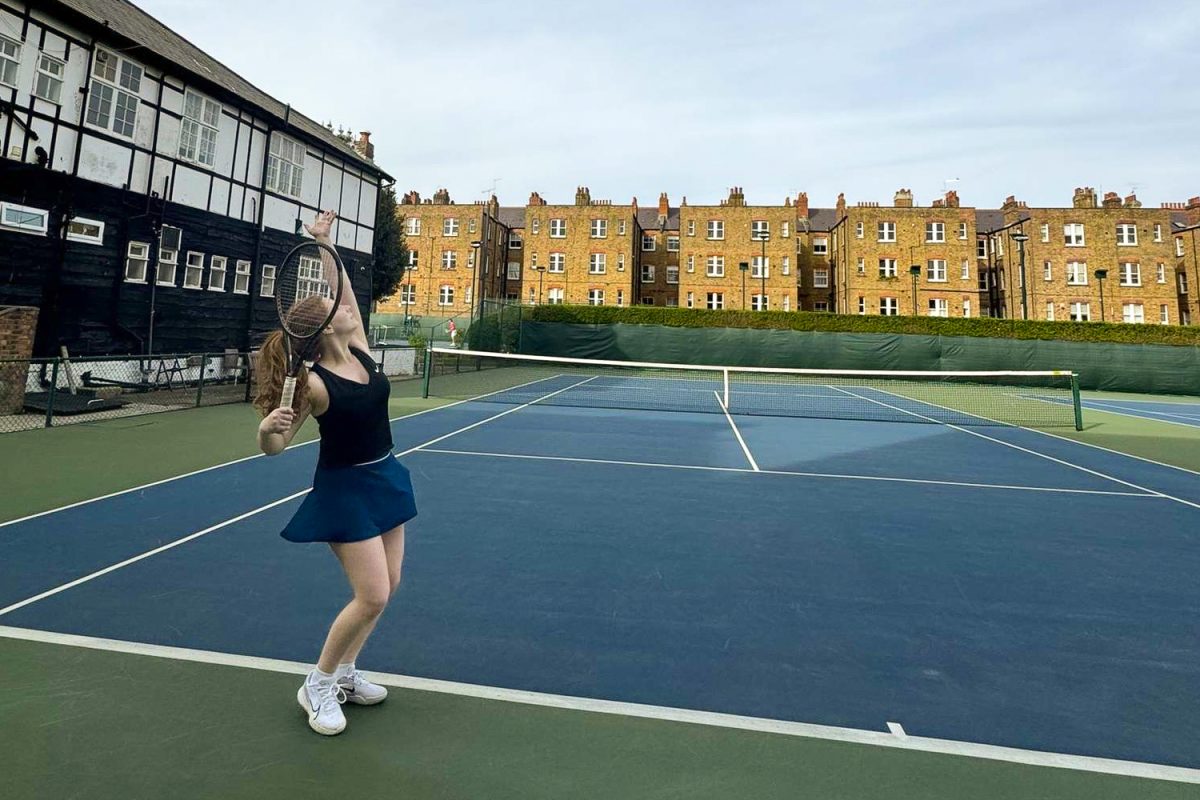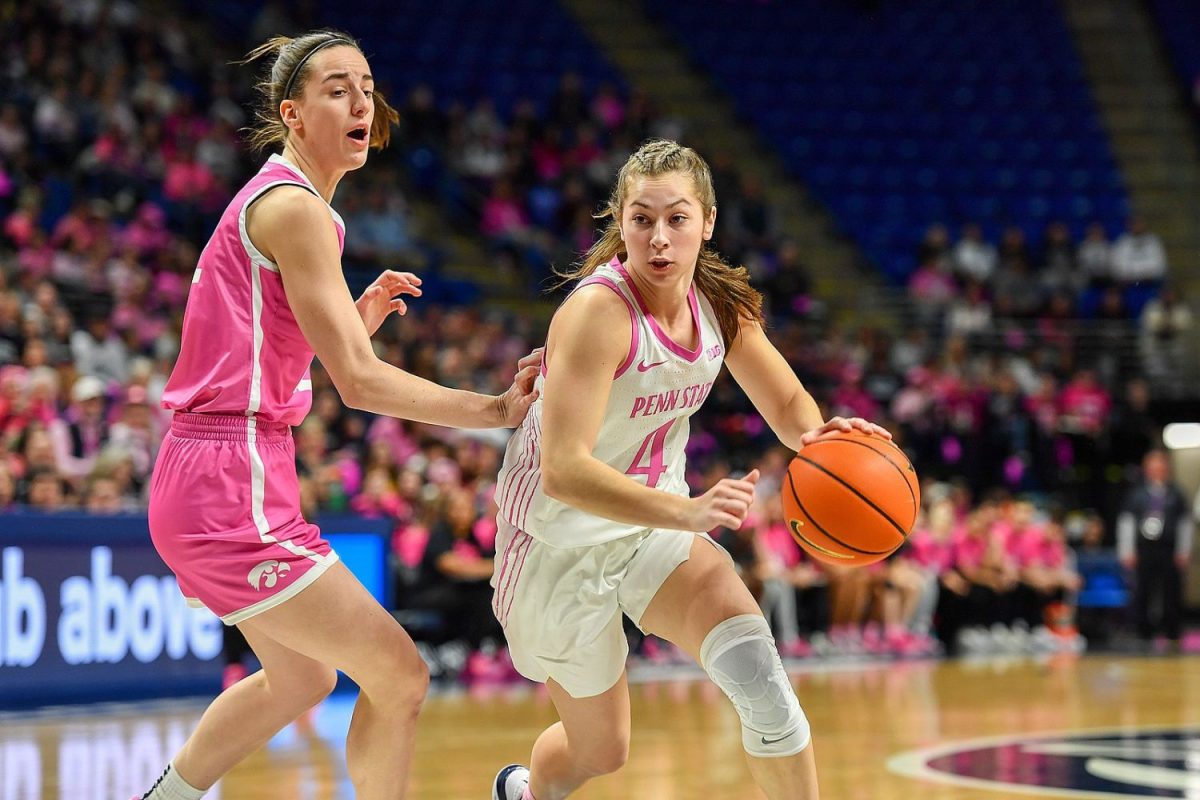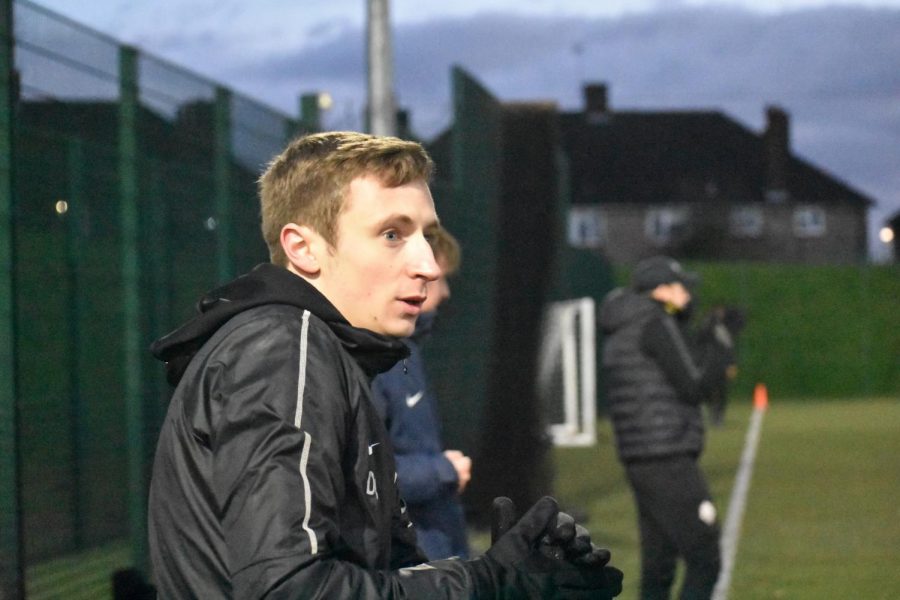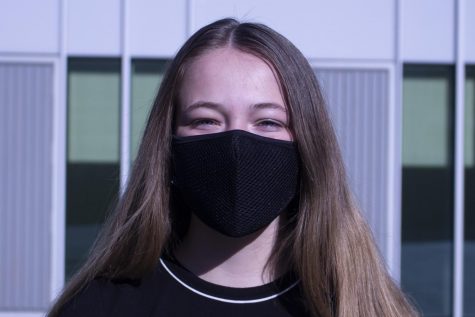At the start of the 2020-21 school year, the Athletics Department announced that all sports would be postponed until further notice due to COVID-19 restrictions. As a result, the fall and winter seasons were canceled.
Grade 5 Humanities Teacher Matthew Twiest has coached high school cross country for the past ten years. Twiest said he was devastated to hear that sports were cancelled but it was not a surprise.
Twiest said sports would have been especially important at the beginning of the year to facilitate some regularity among all the uncertainty.
“Now more than ever, having outlets – a physical outlet, an emotional outlet, a social outlet – is so important outside of the school context,” he said.
Coach Danny Cook said similarly to how he felt when last year’s spring season was canceled, he was “very sad” about the cancellation of the fall season.
“I really hope for the seniors I have had the pleasure to work with over the years that we can all have sports return before they graduate,” he said.
Cook said last spring was hardest for the students who graduated last year because they did not have a final season nor a proper goodbye.
Seeing my athletes in the hall, in their masks, I feel like I’m still separated from them
— Grade 5 Humanities Teacher Matthew Twiest
Likewise, Twiest said he felt heartbroken for the seniors on the cross country team as they “missed that last opportunity to be on the team.”
Lower School Child Assistant JJ Jokinen, who has coached both Middle and High school sports for six years, said sports cancellations created a lot of uncertainty for him, especially because coaching is normally his main job.
For the athletes, Jokinen said they missed out on a season they will not get back.
In addition, Jokinen said the athletes’ love for their sport transfers to the coaches, and not having that has left him with the feeling that something is missing.
On a practical level, Twiest said it was nice to have more free time as he was not coaching every day, but that at the same time, it left a “hole” inside him because he was missing the connections he would normally have.
Twiest said he coaches to work with athletes, and not having that is very hard for him.
“Seeing my athletes in the hall, in their masks, I feel like I’m still separated from them,” he said.
Similarly, Jokinen said it is weird to not have his athletes be as big of a part of his life.
“I’ll see the kids that I coach more than I see anybody else in my life, especially with the varsity teams when you train four times a week for two hours and may have a tournament on the weekend,” he said. “All those little teams become part of your family.”
Cook said not having sports made things harder, especially financially, because he no longer had coaching to supplement his income.
I am getting a complete contrast of seeing players right at their youngest age falling in love with sport, and then seeing the complete opposite
— Coach Danny Cook
However, in the fall Cook started substitute teaching PE classes. He said he is grateful to the Athletics Department for pushing him towards that opportunity.
“Substituting PE is essentially like coaching a session,” he said. “It has different challenges, but what I really love about that is that I get to see more of the students.”
Cook said this time has been very quite tough for him financially as coaching had previously been his main job. However, at the beginning of the school year, he started helping out in the Lower School.
“I wasn’t hit quite as hard as some of the other coaches in that regard,” he said.
Outside of ASL, Cook began working for a company that delivers sports sessions to nurseries, which he said are all about play and very chaotic, but that is has helped him grow as a coach.
“It is a different type of coaching, a different type of teaching, and that is why it is actually really interesting,” he said. “I am loving it because it is chaos, but it is a lot of fun.”
Previously, Cook had coached boys varsity, JV, JJV and Grade 7 Soccer, boys JV Basketball, and Middle School Rugby. He said he has enjoyed seeing those athletes and working with a range of ages and genders in the PE classes he substitutes, and having that in contrast to the men’s and U16 boys teams he works with at Kinja Football Club.
“I am getting a complete contrast of seeing players right at their youngest age falling in love with sport, and then seeing the complete opposite,” he said.
Although Twiest said, more than other sports, social distancing would’ve been easier to implement in cross country, he understands the cautions put in place and that it would have been unfair to have cross country continue but not other sports.
Twiest said he had his runners do workouts over the summer “in the hopes that we were going to have a season,” so when the season got postponed, he “felt an obligation to help them move forward” and sent them workouts.
Running is something that is very individual,” he said. “I knew there were going to be some athletes that would be able to take my workouts and just execute them, so I felt this was just part of my job.”
Twiest said Madeleine Ashton (’21) started the ASL running club, which, although he is not affiliated with, gave the runners a way to continue the season during this time of uncertainty.
“I essentially wrote the workouts and passed them along to these girls that were organizing the running club, and then they administered it,” he said.
Cook said a lot of planning occurs among the coaches prior to any season, and through moments like those, he has created strong bonds with other coaches.
“The work we do away from the pitch, the connections, the experiences we have and the memories, that is worth just as much as anything else,” he said. “I have had some fantastic times and I hope to have a few more as well.”
Chase Cerrell contributed to reporting.






